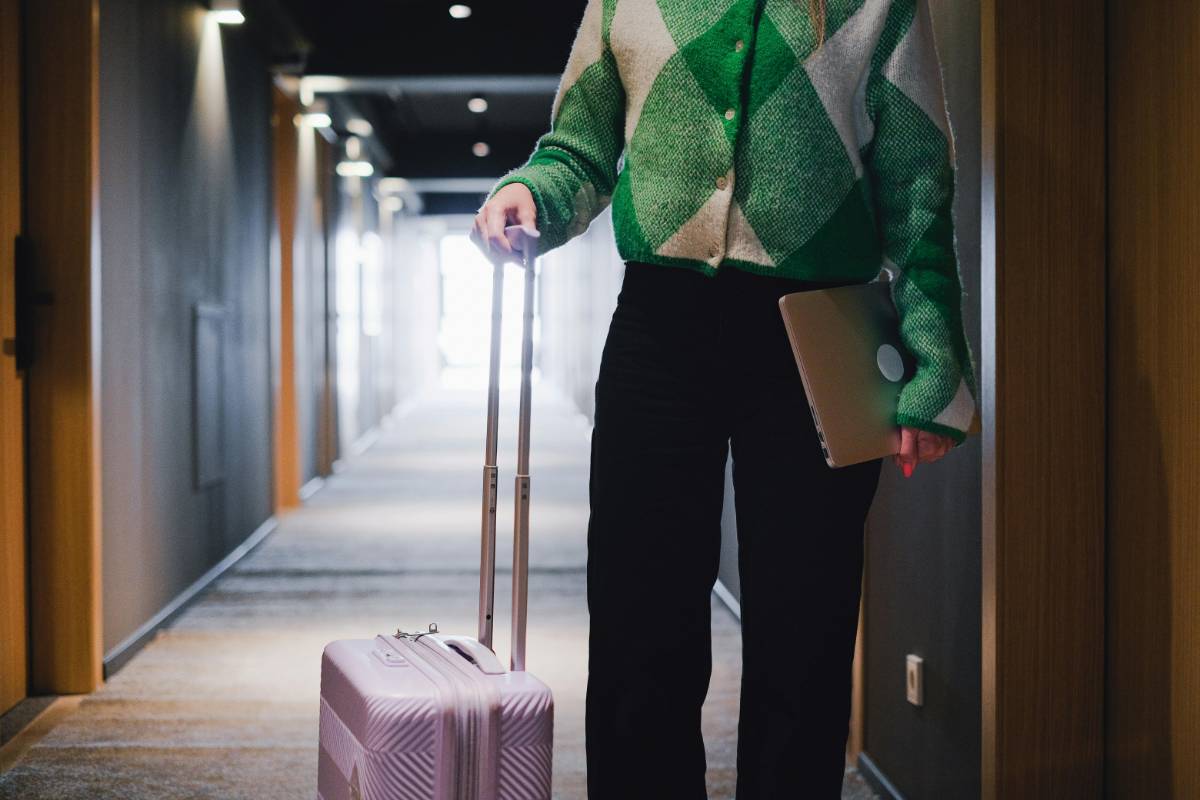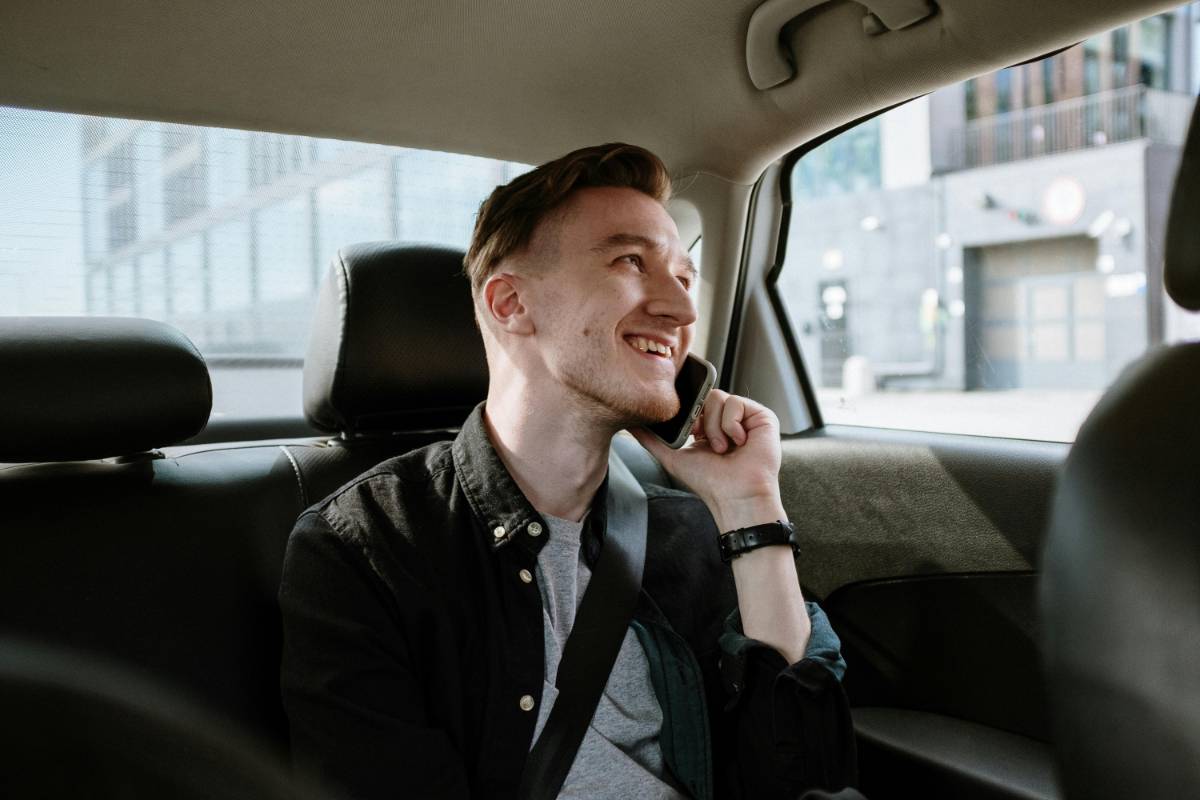

Traveling abroad opens up a world of exciting experiences, from discovering new cultures to exploring breathtaking landscapes. However, safety is an essential part of ensuring your journey is enjoyable and worry-free. With the right precautions, you can safeguard yourself against potential risks and make the most of your trip.

Before you travel, spend time learning about your destination. This includes understanding local customs, laws, and cultural norms to ensure you don’t unintentionally offend anyone or find yourself in an awkward situation. Familiarize yourself with the area’s current safety situation, including political stability, common scams, and areas best avoided.
Use reliable sources such as government travel advisories, reputable travel blogs, and official tourism websites. Knowledge about your destination will empower you to navigate confidently, minimizing surprises along the way.
Make copies of important documents like your passport, visa, insurance information, and travel itinerary, and store them separately from the originals. Additionally, consider scanning these documents and saving them securely online for easy access.
Use a money belt or a neck wallet to keep cash and valuable items safe. When heading out, carry only the essentials and leave the rest locked in a hotel safe or secure location. Avoid displaying expensive items, as this can make you a target for theft.
Maintaining regular contact with friends or family members can be a vital safety net. Inform them of your itinerary and check in periodically. Have local emergency contact numbers saved on your phone, including police, medical services, and your country’s embassy or consulate.
Consider investing in an international phone plan or a local SIM card to ensure you’re reachable and can access maps and translation apps as needed. In case of an emergency, having communication readily available can make a significant difference.
In some countries, tourists can stand out as easy targets for scams or theft. To reduce this risk, try to blend in with locals by dressing modestly and appropriately for the culture. Avoid wearing clothing or accessories that may signal you are a foreigner or draw attention to your wealth.
Respect the local etiquette, and observe how people behave in public places. Blending in can enhance your travel experience by helping you gain acceptance from locals while also increasing your personal safety.

Consuming food or water from unfamiliar sources can lead to illness, particularly in regions where sanitation practices may differ. Stick to bottled water or water that has been boiled, especially if you’re unsure about the water quality. Similarly, be cautious with ice cubes as they may be made from tap water.
When trying local food, opt for well-cooked dishes and popular street food stalls with high turnover, which often indicates fresher food. If you have dietary restrictions or allergies, learning some phrases in the local language or using a translation app can help you communicate your needs effectively.
Situational awareness is crucial while traveling abroad. Pay attention to people around you, especially in crowded areas like markets, tourist sites, or public transportation. Pickpocketing is a common issue in crowded spots, so keep your belongings close and secure.
Trust your instincts and be cautious if someone seems overly friendly or tries to distract you. Scammers often use these tactics to target tourists. Staying alert can help you avoid potential problems and enjoy a safer experience.
Travel insurance is an essential investment that provides coverage for unforeseen events such as medical emergencies, trip cancellations, or lost belongings. Before purchasing, review the policy to understand what it covers and ensure it’s suited to your travel needs.
Having travel insurance can offer peace of mind and protect you from financial losses if an unexpected situation arises. Be sure to keep a copy of your insurance policy and contact information on hand.
Intuition is one of the best tools you have while traveling. If a situation or person feels off, trust your instincts and remove yourself from the situation. Don’t be afraid to say no or walk away if someone pressures you into doing something that makes you uncomfortable.
Being vigilant and cautious doesn’t mean you can’t have fun. It’s about balancing awareness with enjoyment to ensure a rewarding and safe travel experience.
Traveling abroad can be one of the most enriching experiences in life. By prioritizing safety and staying prepared, you allow yourself to fully embrace the adventure while minimizing risks. With a little caution and preparation, your journey will be smoother, and you’ll come back with memories to last a lifetime.











